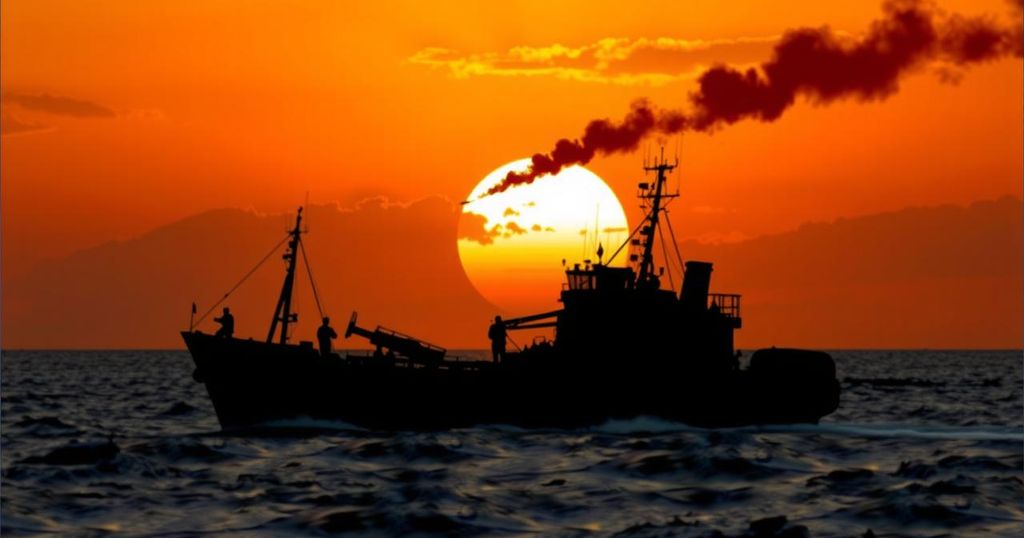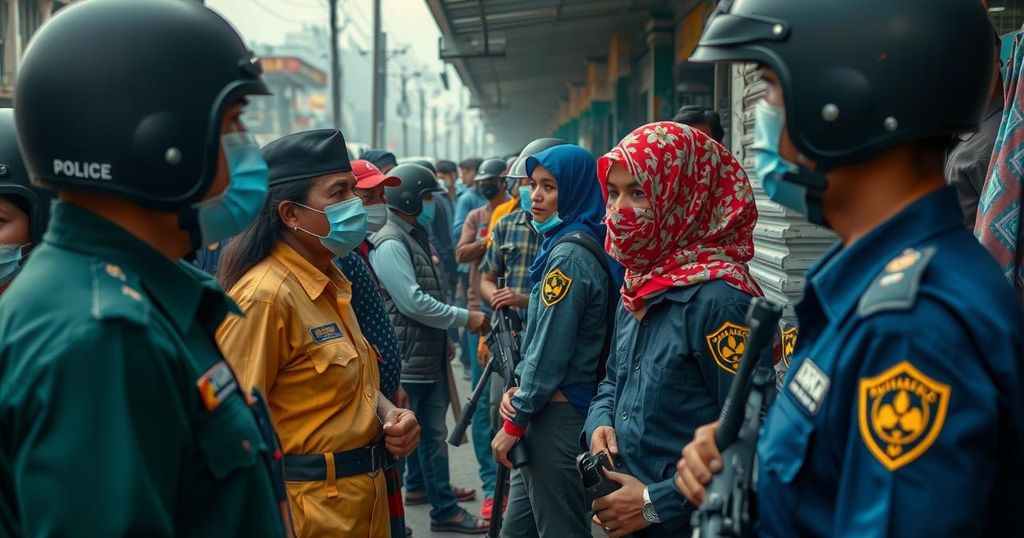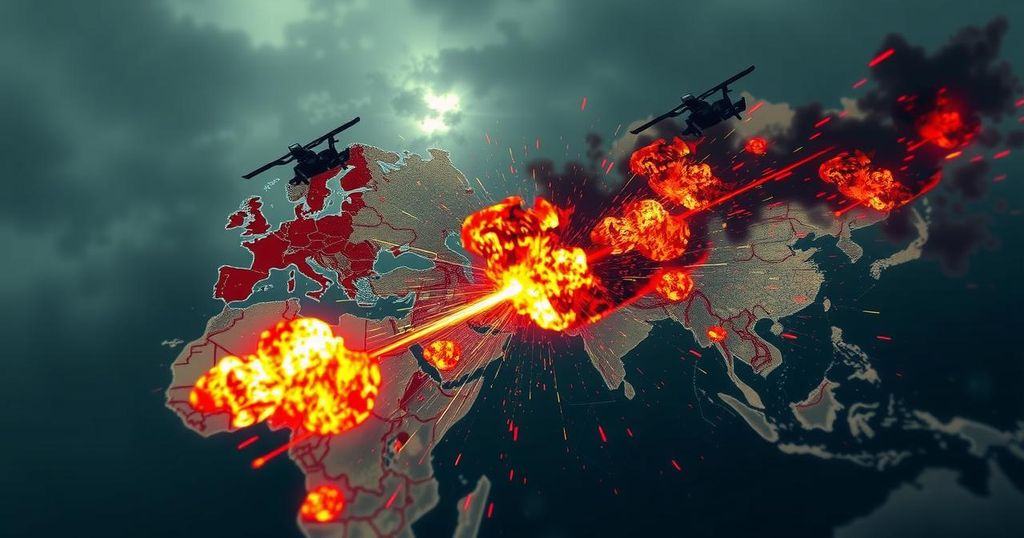Egyptian Ship Delivers Military Supplies to Somalia Amid Rising Tensions with Ethiopia
An Egyptian naval vessel has delivered military supplies to Somalia amidst escalating tensions with Ethiopia. This is the second such shipment in a month, including anti-aircraft guns and artillery. Somali officials express gratitude to Egypt, hinting at a strategic realignment away from Ethiopia, which has historically supported the Somali government. Regional tensions are heightened by Ethiopia’s recent territorial agreements with Somaliland, as Somalia views this as a threat to its sovereignty.
An Egyptian naval vessel has recently delivered a substantial shipment of military equipment to Somalia, as reported by security officials in Mogadishu. The Somali Defence Minister, Abdulkadir Mohamed Nur, expressed gratitude towards Egypt in a post on social media, although he refrained from explicitly mentioning the nature of the delivered military supplies. This marks the second delivery of arms from Egypt within a month, amidst escalating tensions between Somalia and Ethiopia, a country that has historically been an ally of Somalia. The military cargo delivered, which includes anti-aircraft weapons and artillery, arrived on a warship this past Sunday. A BBC correspondent in Mogadishu confirmed that he witnessed the transportation of weapons through the city streets. In his post on X featuring a photo of himself overlooking the docked naval ship, Minister Nur declared, “Somalia has passed the stage where they were dictated to and awaited the affirmation of others on who it will engage with. We know our own interests, and we will choose between our allies and our enemies. Thank you Egypt.” This statement reflects the evolving alliances in the Horn of Africa. Traditionally, Ethiopia had been a strong supporter of the Somali government in its efforts against the al-Qaeda affiliated group, al-Shabab. However, tensions surged when Ethiopia recently signed an agreement with the unrecognized territory of Somaliland to lease a part of its coastline—an act that Somalia contests, insisting Somaliland is part of its sovereign territory. In addition to this, the longstanding feud between Addis Ababa and Cairo over the construction of a massive hydroelectric dam along the Nile River persistently complicates regional politics, as Egypt views the dam as a potential threat to its vital water supply. In reaction to the arms shipment, the Somaliland government expressed serious concern regarding the potential for an arms race, stating, “The unchecked proliferation of arms in an already fragile environment heightens the risk of an arms race, with various factions likely seeking to acquire their own stockpiles in order to safeguard their interests.” As tensions continue to escalate in the region, Egypt advised its citizens in Somaliland to evacuate for safety reasons. This recent arms shipment to Somalia from Egypt follows a previous delivery of military supplies via two Egyptian military planes in August. That delivery coincided with a governmental agreement struck during Somali President Hassan Sheikh Mohamud’s state visit to Cairo. Ethiopia has vocally objected to these developments, asserting that it cannot remain passive while external entities potentially destabilize regional security. In a further escalation of rhetoric, Somalia’s Defense Minister remarked that Ethiopia should cease its complaints, indicating that all parties involved would ultimately face the consequences of their actions. At present, there are approximately 3,000 Ethiopian troops stationed in Somalia as part of an African Union mission to support the Somali government. Plans have emerged for the deployment of up to 5,000 Egyptian soldiers to enhance this AU force by the end of the year, suggesting a broader shift in military involvement in the region.
The article centers on the implications of military supplies provided by Egypt to Somalia in light of increasing tensions between Somalia and Ethiopia. Historically, Egypt and Ethiopia have had a contentious relationship, particularly due to disagreements over water rights and the construction of the Great Ethiopian Renaissance Dam, which threatens Egypt’s water supply from the Nile. Somalia, which has relied on Ethiopian support in its fight against militant groups such as al-Shabab, finds itself in a complex geopolitical landscape as it seeks new alliances. The delivery of Egyptian arms signals a redirection of military support away from Ethiopia amid fears of rising instability, particularly following Ethiopia’s recent territorial engagements with Somaliland, which Somalia considers part of its territory. This situation illustrates the shifting dynamics within the Horn of Africa, where historical alliances are being reconsidered and new military partnerships are being formed.
In summary, Egypt’s recent delivery of military equipment to Somalia amidst the deteriorating relationship with Ethiopia signifies a notable shift in alliances within the Horn of Africa. This development raises alarms regarding the potential for an arms race and further instability in a region that has been historically fraught with conflict. As Somalia repositions itself and seeks partnerships that align with its interests, the responses from Ethiopia, Somaliland, and the broader international community will likely shape the future landscape of security and diplomacy in this strategically significant area.
Original Source: www.genocidewatch.com








Post Comment